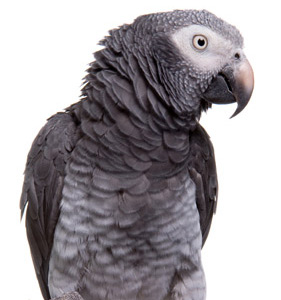Vladie2021
New member
- Aug 29, 2021
- 1
- 4
- Parrots
- Green Cheeked Conure
Hi All!
Since 6 days I have a new Green Cheek Conure called Jippie! He is a male, 2,5 years old and has been staying with a family before me. I have been trying to get him used to my place, and his cage. His behavior is kind of double, he can be super attached to me and sitting on my shoulder grinding and putting one leg up but a few seconds later growling and trying to attack me. In his cage he will scream for long periods of time, even when i'm in the room with him. I'm not sure if his screams are just warning signals for me ("look out, something dangerous!") or just attention which I shoud ignore/not stimulate since he will be screaming all the time.
The problem is that the last owner told me he hadn't been in a cage for a whole year.. I want to let him out a lot but no cage at all seems not the best option for both of us.
Im not sure what to do now, keep him in the cage for a while? Should I give him snacks when he is silent?
I just want to hang out with him, but also not encourage bad behaviour..
Any tips?
Thanks in advance
Since 6 days I have a new Green Cheek Conure called Jippie! He is a male, 2,5 years old and has been staying with a family before me. I have been trying to get him used to my place, and his cage. His behavior is kind of double, he can be super attached to me and sitting on my shoulder grinding and putting one leg up but a few seconds later growling and trying to attack me. In his cage he will scream for long periods of time, even when i'm in the room with him. I'm not sure if his screams are just warning signals for me ("look out, something dangerous!") or just attention which I shoud ignore/not stimulate since he will be screaming all the time.
The problem is that the last owner told me he hadn't been in a cage for a whole year.. I want to let him out a lot but no cage at all seems not the best option for both of us.
Im not sure what to do now, keep him in the cage for a while? Should I give him snacks when he is silent?
I just want to hang out with him, but also not encourage bad behaviour..
Any tips?
Thanks in advance


